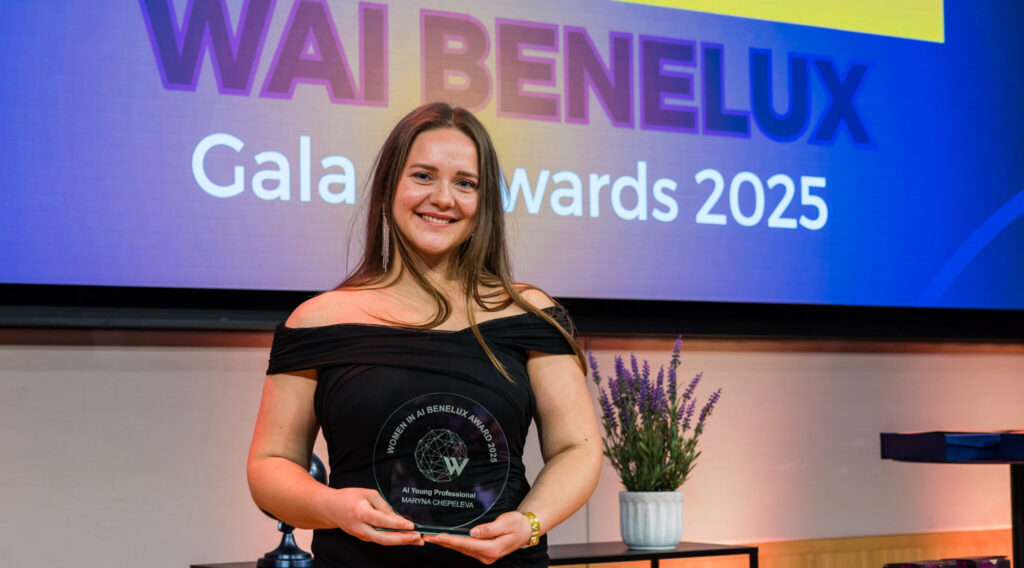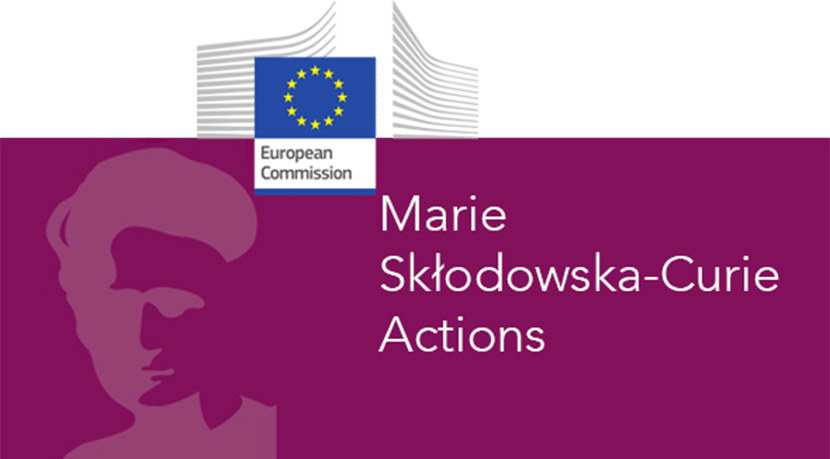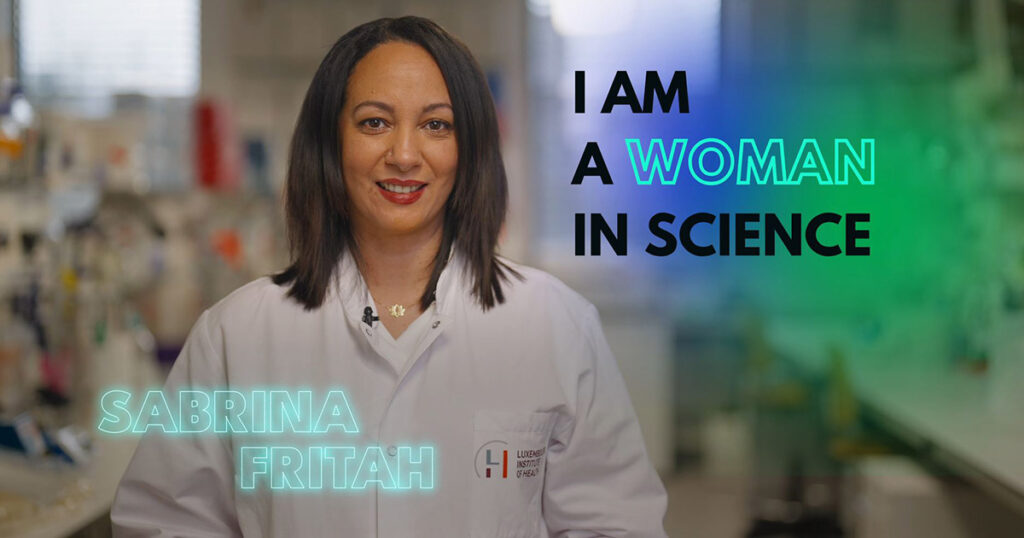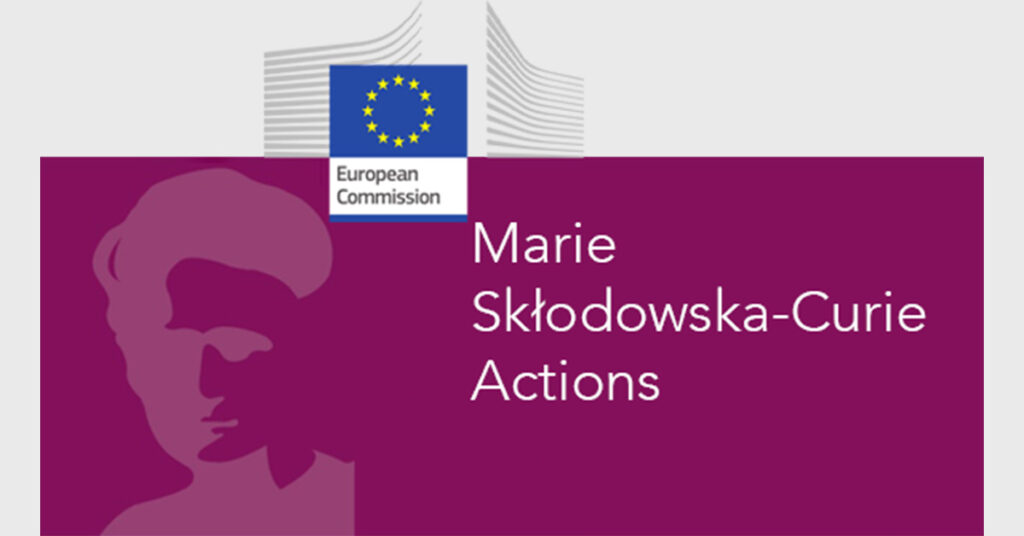News
Prestigious grant empowers pursuit against metastatic cancer
European Research Council grant awarded to Dr Meiser’s research to stop cancer’s deadly spread

Luxembourg Institute of Health (LIH) celebrates a significant achievement with the European Research Council (ERC) grant, the first in LIH’s history. Dr Johannes Meiser’s research, funded by an ERC consolidator grant, delves into understanding how cancer spreads, offering hope for new treatments against metastatic cancer.
In a significant stride against cancer, the Luxembourg Institute of Health (LIH) Cancer Metabolism Group has secured 2 Mio € from the European Research Council (ERC). This grant, considered the pinnacle of scientific achievement in Europe, is a first in LIH’s history, underscoring the institute’s commitment to pioneering research.
The ERC, established by the European Commission, is renowned for its rigorous evaluation process, relying on scientific excellence as the sole criterion. The ERC program does not only fuel groundbreaking research projects but also recognizes exceptional Principal Investigators that work towards identifying and approaching outstanding scientific challenges at a mechanistic level.
Dr Johannes Meiser, head of LIH’s Cancer Metabolism Group, spoke on the significance of this achievement: “Being awarded the ERC grant is a humbling acknowledgment of the hard work put in by our team. This grant is not just a financial support; it’s an endorsement of our mission to uncover crucial insights into cancer metastasis and work towards effective treatments. “
Dr Meiser’s innovative research is dedicated to elucidating the intricate mechanisms governing cancer metastasis, the process through which cancer cells spread. He joined the LIH five years ago, and, thanks to the renowned FNR ATTRACT grant, he was able to build the scientific groundwork to apply to this European program. His pivotal discovery in 2016 unveiled the phenomenon of formate overflow, a metabolic process that plays a crucial role in cellular adaptation along the metastatic cascade. By elucidating the role of mitochondrial 1C metabolism and heightened formate concentrations in driving cancer metastasis, Dr Meiser’s work is advancing our understanding of key aspects of cancer biology.
Our research will shed light on an unexplored field of cancer metabolism, providing the foundation to develop novel treatment approaches against metastatic cancer, the primary cause of cancer death,
explains Dr Meiser.
The project, named 4M8, aims to dissect the formate-dependent effects on cells, elucidate intrinsic mechanisms that relay the formate signal promoting metastasis, and explore therapeutic strategies to target formate for cancer cell killing. Dr. Meiser’s research envisions a novel concept of how a mitochondrial metabolic signal can steer cancer cells toward a prometastatic phenotype, paving the way for an analysis of the metabolic state in human tumor samples.
“This grant will allow us to take significant step forward in our research: There’s important work ahead, and we’re committed to uncovering potential treatments for this challenging aspect of cancer,” concludes Dr Meiser.
Funding and collaborations
Funded by the European Union (ERC, Grant Agreement 101124557 – 4M8). Views and opinions expressed are however those of the author only and do not necessarily reflect those of the European Union or the European Research Council Executive Agency. Neither the European Union nor the granting authority can be held responsible for them.

Scientific Contact








